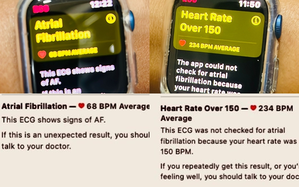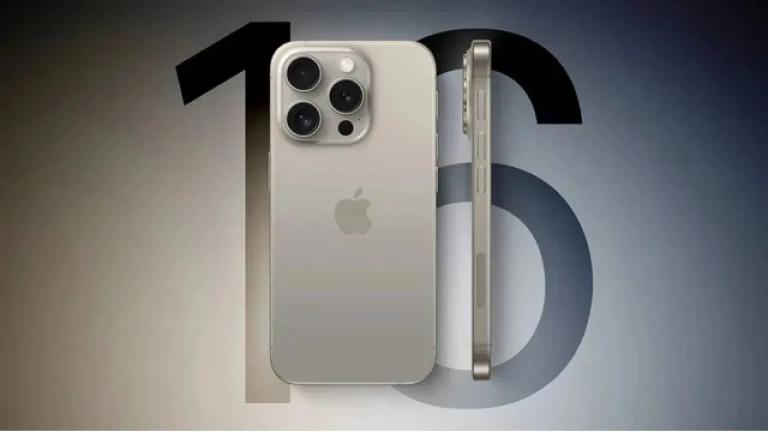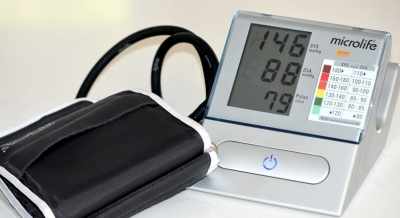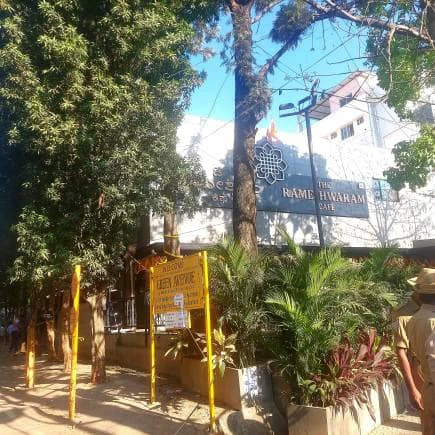Apple Watch saves Delhi woman’s life by alerting abnormal heart rhythm

Apple watch has saved yet another life, this time a 35-year-old woman from the national capital who suffered from Atrial Fibrillation (AFib) — a rapid and abnormal heart rhythm.
Speaking to IANS, Sneha Sinha, a policy researcher, said that late in the evening on April 9, she started experiencing a rapid heart rate.
She ignored it, dismissed it as a panic attack due to stress, and started doing deep breathing exercises and drinking water, but had no respite.
When the heart palpitations persisted, she used her Apple Watch Series 7, which she bought in 2022, to assess her condition. It showed a high heart rate and advised visiting a doctor.
She again ignored it as it was nearing midnight. However, later, the Apple Watch alerted Sneha of extremely high heart rate (230+ bpm) and onset of AFib.
Sneha, who lives in Munirka, was then rushed to the Emergency at the nearby Fortis Hospital in Vasant Kunj, where doctors could not read the blood pressure in her body.
Assessing her condition further, they had to administer three delivery of direct current (DC) shocks (50+50+100 joules) to revive her heart’s sinus rhythm. Subsequently, she was shifted to the Intensive Care Unit (ICU).
“Had the Apple Watch not alerted me of the serious heart condition, I would not have gone to the hospital in the middle of the night and would have lost my life,” Sneha told IANS, noting that the watch has now become her “constant companion.”
“I would not have measured my heart rate, had the watch not been there. Whatever I had to say to the doctors was based on Apple Watch readings,” added Sneha, who is on her way to recovery.
The doctors diagnosed her condition to be a type of Tachycardia — an increased heart rate for any reason — which can get triggered by exercise or stress.
After returning home, she wrote to Apple CEO Tim Cook on April 23, thanking him and the Apple team “for making such an advanced and precise recording ECG app.”
Within a few hours, he responded: “I am glad you sought the medical attention and treatment you needed. Thanks so much for sharing your story with us.”
“After the harrowing experience, I realised it is very important for us to understand our health, our sleep patterns, our heart rates as we all deal with stress,” Sneha said.
“Smartwatches are a very good way of keeping track of your daily activities, your heart rate,” added the Ph.D. degree holder in Science Policy Studies from the Jawaharlal Nehru University.





